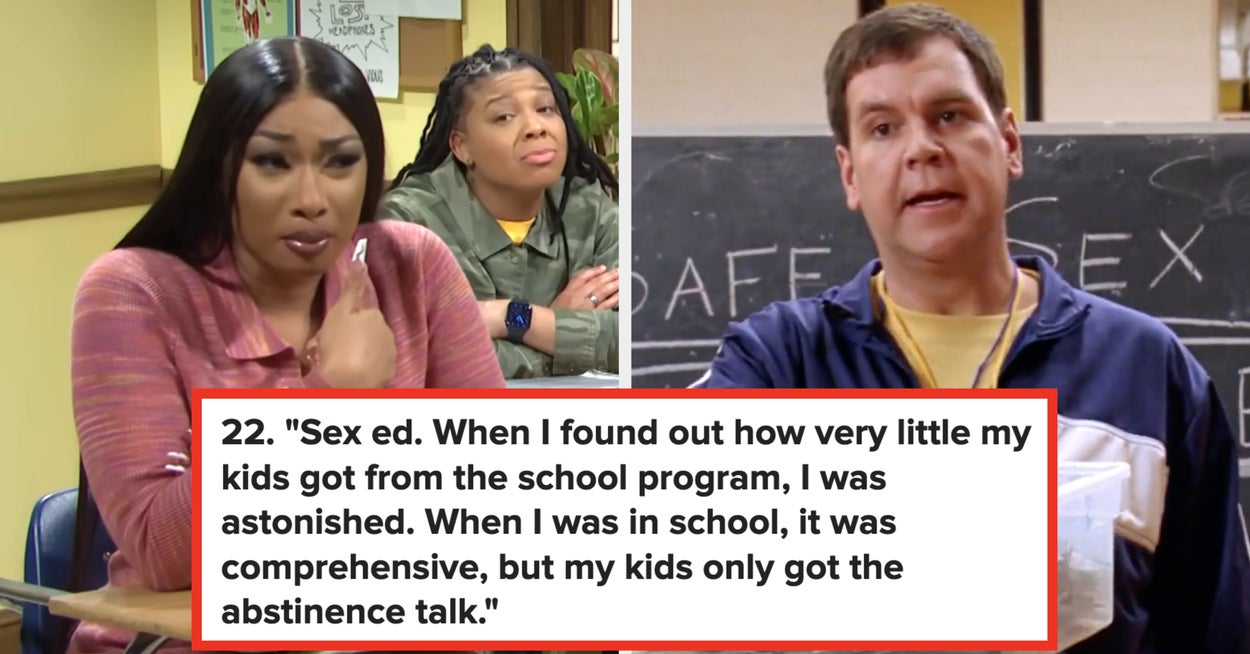
"I have one adult, and teenaged twins. For my grown son, I just wish I'd had more room for his Minecraft monologues. The monologue is how kids open up about other stuff. Just talking and being listened to is so important."
"I never let them be sad. When something upset them when they were little, it was most often an easy fix. I thought it was my job as their mom to fix it. I realized when my daughter was a teen that I was wrong. As a mother I'm supposed to support them or help them through their problems. We've spent the last year teaching a 16-year-old emotional regulation and problem-solving skills because even though I would like to, I can't get rid of every bit of bad and sad thing in the world, and it's my job to teach them to handle it."
"My mother never taught me emotional regulation and it is one of my greatest struggles with my 1-year-old. Breaking the cycle is hard."
Parents with grown children identify recurring mistakes that undermine emotional growth and independence. Allowing children uninterrupted time to talk fosters trust and reveals underlying concerns. Constantly fixing every upset prevents development of emotional regulation and problem-solving skills. Overprotecting or coddling reduces tolerance for discomfort and weakens resilience. Intergenerational patterns of poor emotional modeling make breaking cycles challenging but necessary. Supporting children through feelings, teaching coping strategies, and tolerating age-appropriate discomfort build autonomy, emotional literacy, and long-term wellbeing.
Read at BuzzFeed
Unable to calculate read time
Collection
[
|
...
]